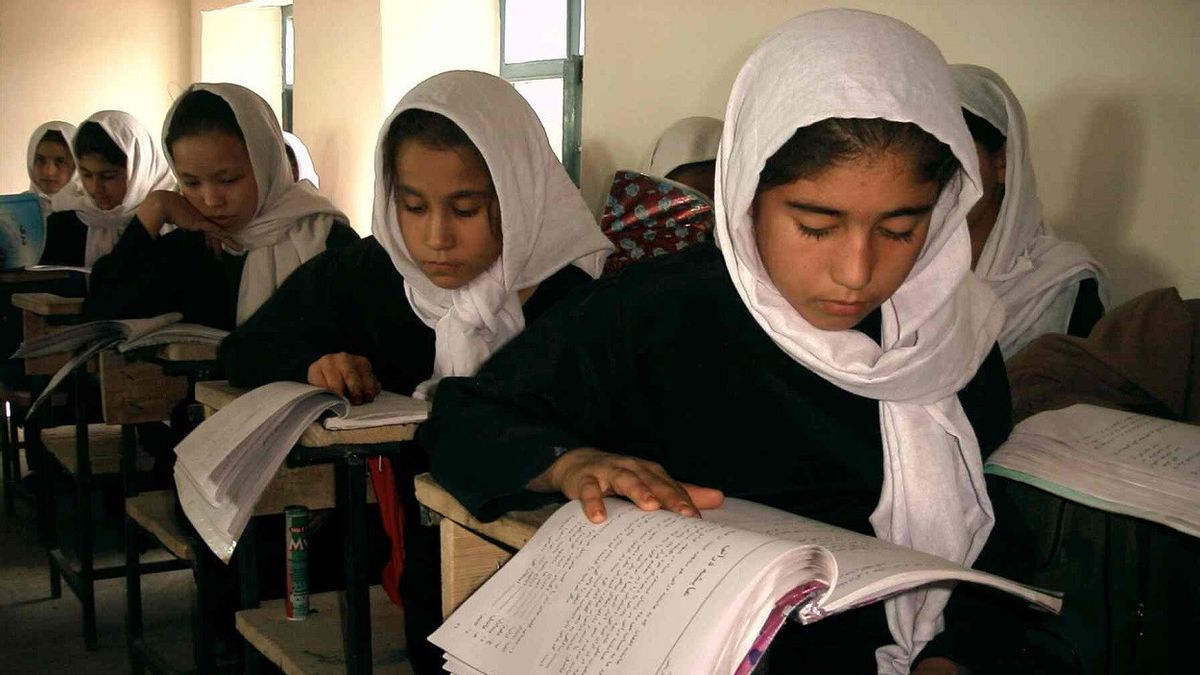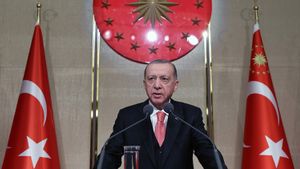Taliban spokesman Zabihullah Mujahid said the ban on girls from studying after elementary school was a 'little problem' and should not be an obstacle for the international community to recognize the Afghan government under them.
Mujahid told Kyodo Nyews in Kandahar, as quoted November 23, women's education is an "internal problem" and it is currently difficult to convince conservatives and moderates to "one table" discuss the matter.
Mujahid described criticism of women's education restrictions as "West countries' propaganda tools to isolate us."
"If we reopen women's schools (now), people will think that we are under pressure from the United States and the international community," he explained.
"We don't want that," Mujahid said.
The Taliban is known to have suspended secondary and high education for girls, banning female employees in national and international organizations operating in Afghanistan from working. This action sparked strong criticism from Western countries.
The Taliban, which returned to power in August 2021, were not recognized by the international community as the legitimate government. One of the reasons is due to concerns over the recognition of women's and girls' rights.
Although this is not a priority at this time, Mujahid said that secondary and higher education for girls and girls can be continued in the next few years.
Earlier, after the Taliban took over Afghanistan, UN Human Rights Chair Michelle Bachelet said the Taliban's treatment of women and girls would be a "fundamental red line" that should not be violated.
However, Mujahid insisted that continuing education for women should not be a requirement to recognize the Taliban as a legitimate government.
"If we are recognized, we will be able to solve this problem better and easier," he said, adding his country would need help from Japan in terms of transportation and buildings, once the country was ready to reopen women's schools.
SEE ALSO:
The Japanese government itself said it would continue to work closely with the international community to urge the Taliban to cancel its policies against women and girls, while continuing efforts to ensure peace and stability in Afghanistan.
Earlier this year, Taliban leader Hibatullah Akhundzada and his ministers discussed the issue of continuing education for girls and girls. However, they failed to reach an agreement due to opposition from hardline groups.
The English, Chinese, Japanese, Arabic, and French versions are automatically generated by the AI. So there may still be inaccuracies in translating, please always see Indonesian as our main language. (system supported by DigitalSiber.id)


















